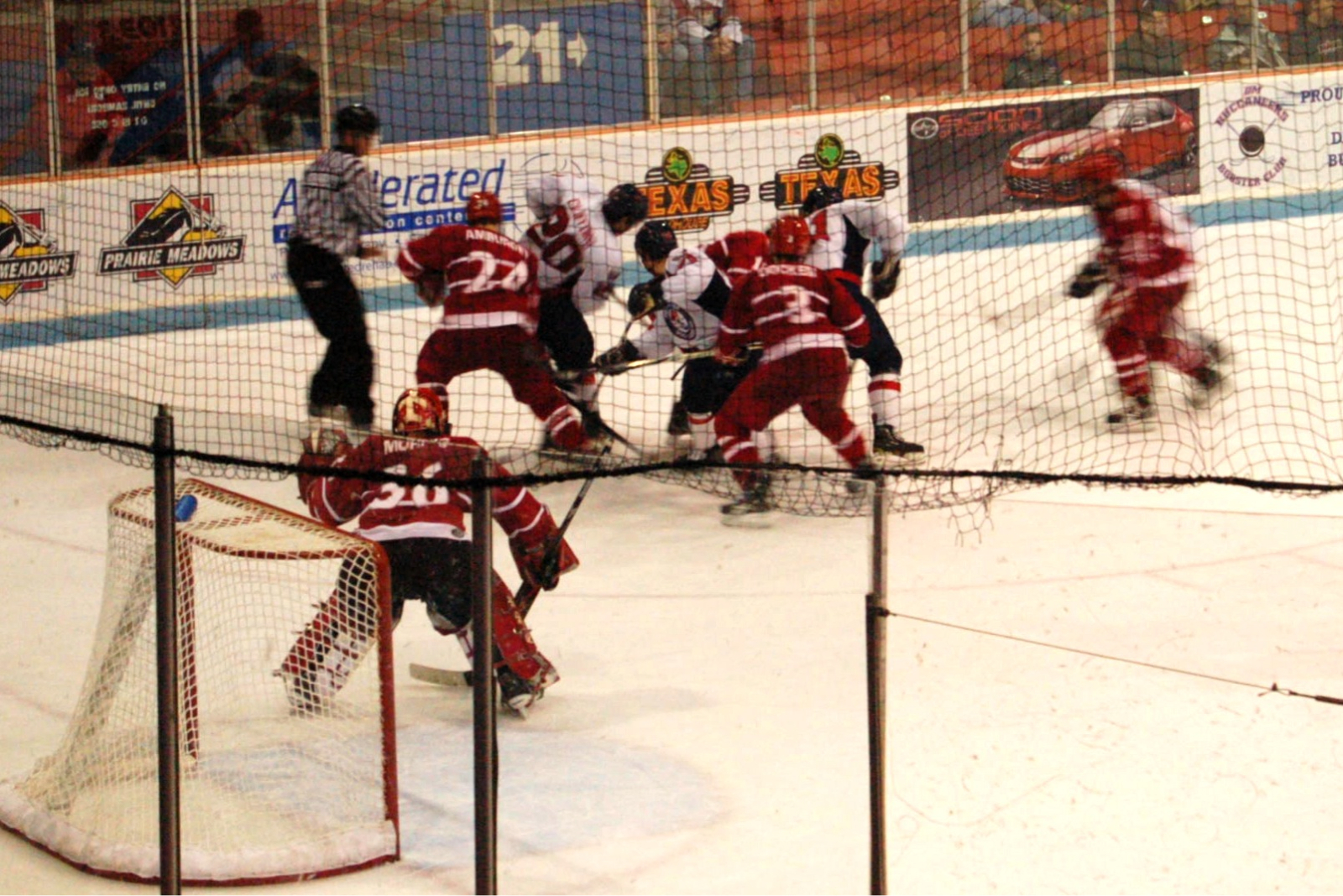The benefits of playing sports are undeniable: camaraderie, recreation, and fitness. However, there are also significant downsides, such as increased risks for substance addiction. According to Laurie de Grace and Alex Clark from the University of Alberta, playing sports does not necessarily correlate with strong mental health, as one might expect.
Clark and de Grace studied recovering addicts, and as it turned out, most had played sports in the past. The researchers discovered that most of the addicts had a background in team sports, such as hockey and basketball, as opposed to an individual athlete who played golf, for example. With team sports, substance use helps provide an easy way to feel as part of the team.
Image Source: Comstock
Another risk factor in sports is that professional leagues, such as NHL and NBA, feature champagne-filled locker rooms after winning the Stanley Cup or NBA Finals, respectively. This kind of normalized culture has a trickle-down effect on amateur leagues. For example, one junior A hockey team owner loaded large amounts of beer on the team bus, and unsurprisingly, it seemed that the owner modeled his behavior after the professionals’ routines of celebrating victories with alcohol.
Furthermore, another risk factor stems from the competitiveness of sports. Some athletes display their pride by proving to their teammates that they can drink the most alcohol or take the most drugs, which can lead to heavy substance abuse. Also, not being able to play sports due to injuries or skill level can lead to frustration and substance use.
Wendy Rodgers, a professor at the University of Alberta, claims that athletes younger than 21 have a higher risk of developing an addiction. Therefore, professional leagues must model better behavior to the younger generation. The culture of taking drugs and alcohol recreationally can lead not only to camaraderie but also to substance addiction, thus we have to change sports culture. The responsibility of doing so lies on the shoulders of the professionals, coaches, and ultimately, the athletes.
Feature Image Source: Hockey by Jeff Gitchel










